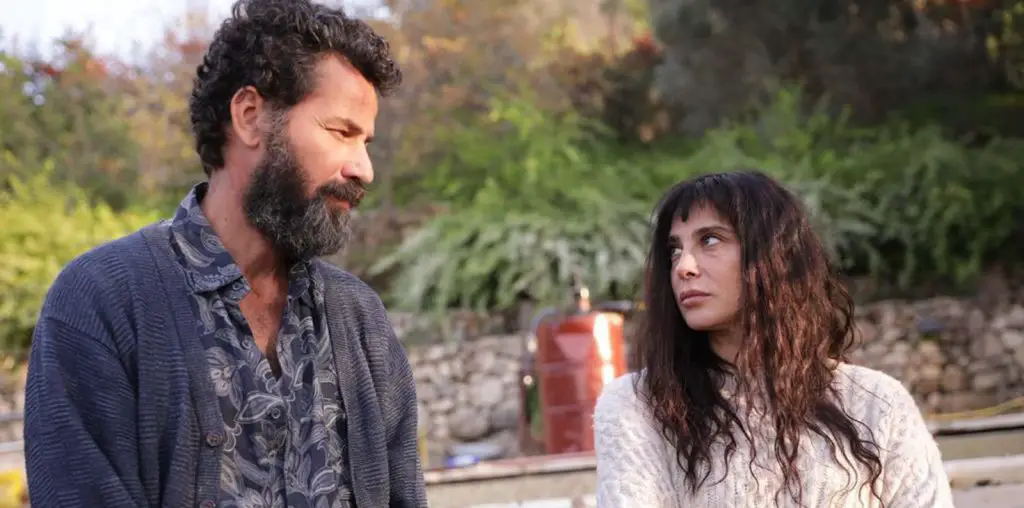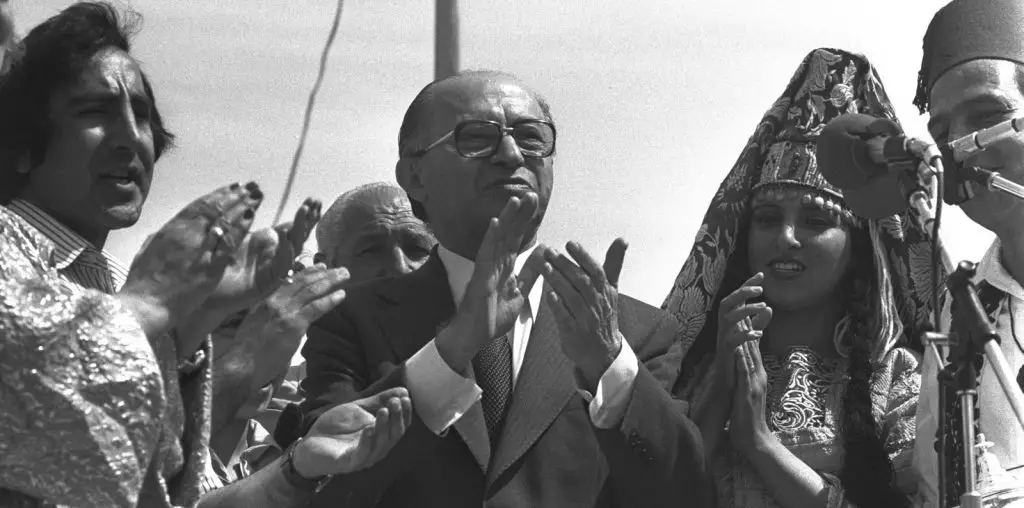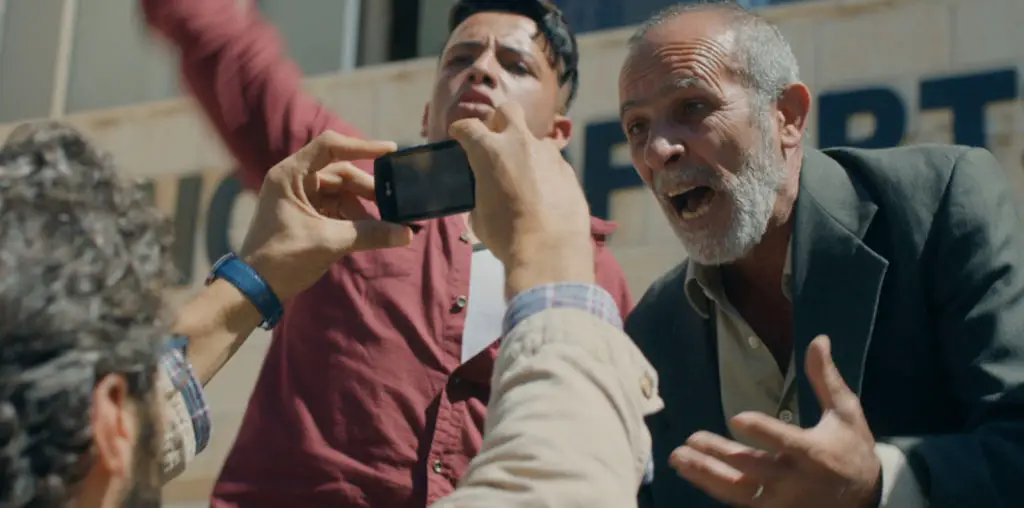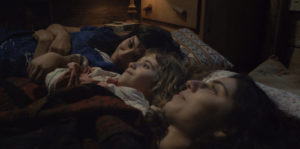
Lebanon has a problem with trash. Research into the topic of waste disposal in Beirut brings one into a web of endemic corruption within the private sector and government, as well as the continual religious strife that has plagued the country by varying degrees for years. These issues have contributed to periods of overflowing trash in many parts of the city, endangering the populace with dangerous fumes and water that is often unsafe for human consumption. Lebanese filmmaker Mounia Akl uses a dystopic Lebanon set in the near future as the backdrop for her feature-length debut, Costa Brava, Lebanon.
Walid (Saleh Bakri) is disenchanted with urban living because of the mountains of trash in Beirut. He subsequently moves his wife Souraya (Nadine Labaki), sick mother, and two daughters to a rural mountainside that is largely cut off from the rest of Lebanese society. Their mostly tranquil existence is cut short, however, when government officials inform them that a site for a new landfill has been chosen on their land, which had been secretly sold by Walid’s more cosmopolitan sister, Alia (Yumna Marwan).
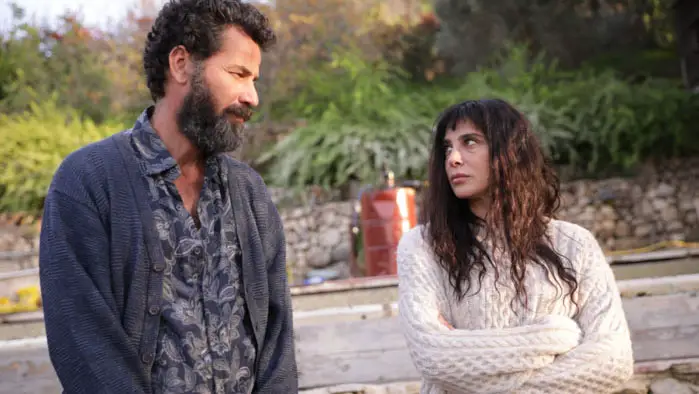
“…government officials inform them that a site for a new landfill has been chosen on their land…”
The family now must contend with encroaching waste and the steady erosion of their familial cohesion as the isolation of their lives beings to take its toll. The eldest daughter, Tala (Nadia Charbel), is a teenager beginning to yearn for a normal social life and the attention of men, especially the young and handsome government worker Tarek (François Nour). Souraya, having already sacrificed her singing career for her husband, is beginning to tire of the direction their lives have taken. The precocious Rim (Geana Restom) observes the rising tension while showing early signs of obsessive-compulsive disorder. She serves as the film’s conscience, viewing the events with an objectivity shared by the audience.
This is a lot to parse, but as the realities of Lebanon’s grim environmental outlook begin to surround their once-idyllic locale, Akl is effective at making the audience anticipate the inevitability of their world crumbling down. Although a film with an ever-expanding trash dump is a novel approach, Costa Brava, Lebanon will be a familiar narrative to those who have seen the Viggo Mortensen vehicle Captain Fantastic or even Leave No Trace. And if we’re being completely honest, as we emerge from the worst of the COVID-19 pandemic (a collective crossing of fingers, for sure), we have to consider that audiences may not need or want another film about individual or communal isolation.
None of this should stop Mounia Akl from flourishing as an important voice in cinema, though. Her handling of the material is sublime, and it’s refreshing to see a film set in Lebanon that isn’t directly tied to the devastating Lebanese Civil War or a Hollywood production about Hezbollah and terrorism. There’s so much more to this rich culture, and it is high time it gets more attention on the silver screen. The cast is fantastic, especially the two daughters, and extracting one, let alone two, excellent performances from young actors is no easy task. I wasn’t blown away by the direction Costa Brava, Lebanon ultimately takes, but I definitely made sure to toss my cans in the recycling bin. A promising debut from a new international voice.
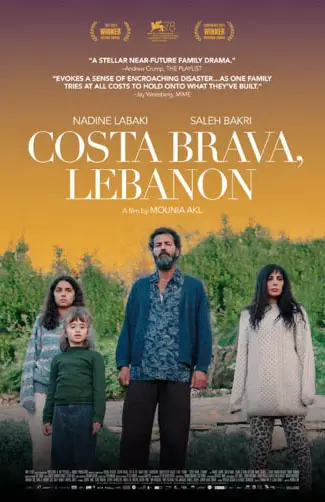
"…a promising debut from a new international voice."
